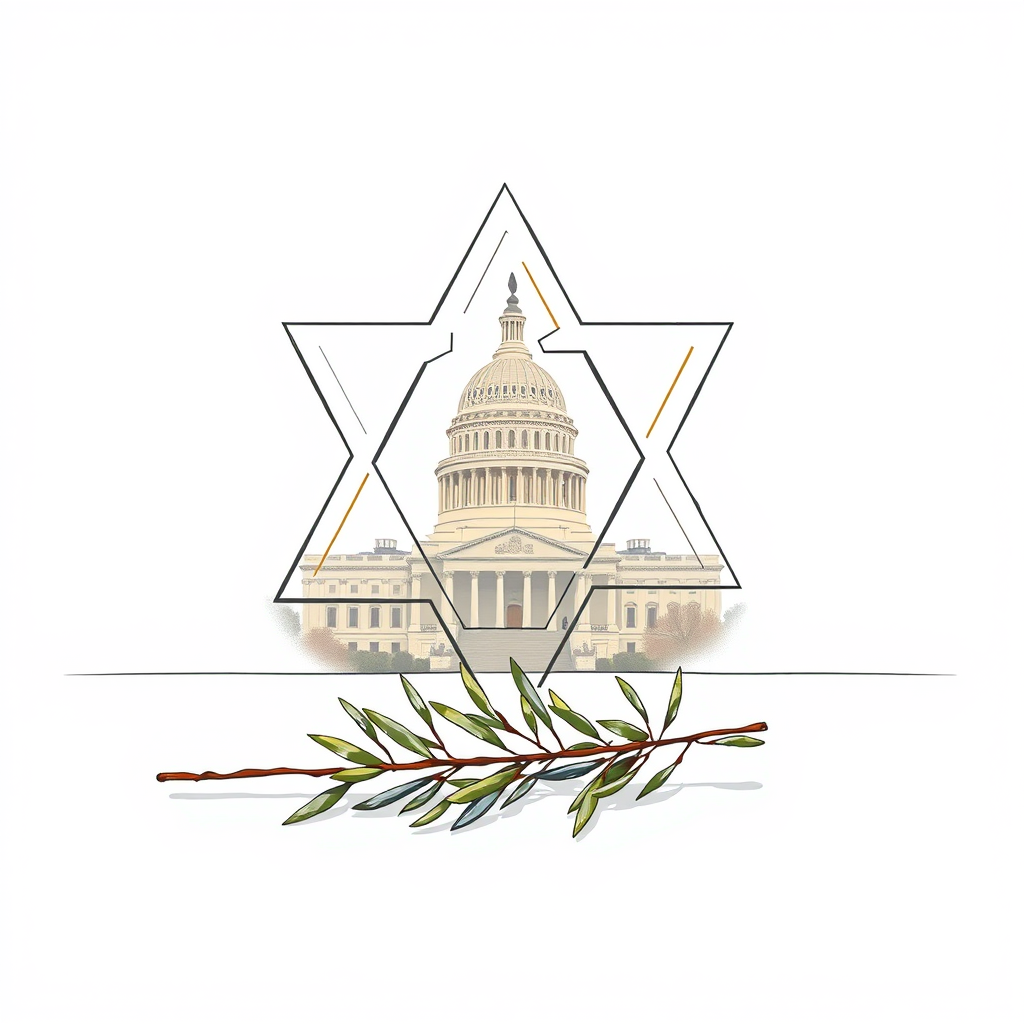DC Shooting Shakes Jewish Community, Sparks Fears

A wave of grief and fear has swept through the Jewish community in the United States following the fatal shooting of two Israeli Embassy employees outside the Capital Jewish Museum in Washington, D.C. on Wednesday. Elias Rodriguez, 31, has been charged with first-degree murder, allegedly telling police he acted “for Palestine, for Gaza.” The tragedy has ignited a renewed conversation about security, anti-Semitism, and the complexities of expressing political views in a climate of heightened tension.
TIME spoke with three prominent rabbis – Aaron Potek, Shmuel Herzfeld, and Jill Jacobs – to gauge the community’s response and explore the path forward. Their reflections reveal a deep sense of vulnerability, coupled with a determination to resist fear and reaffirm Jewish identity.
Rabbi Potek of Sixth & I in Washington, D.C., described a feeling of personal and communal fear, acknowledging the heightened sense of threat felt by many Jews in the country. He emphasized the anger stemming from what he sees as the natural consequence of increasingly hateful rhetoric, drawing a historical parallel to the dangers of unchecked prejudice. He expressed frustration with the lack of clear meaning in the senseless violence, while firmly stating that violent political action is counterproductive. He noted the added burden on spiritual leaders during this time, balancing the need to provide comfort and guidance with the lack of easy answers.
Rabbi Herzfeld of Yeshivas Elimelech voiced strong criticism of Washington, D.C. Mayor Muriel Bowser’s handling of security concerns within the Jewish community, alleging a failure to adequately protect Jewish residents and enforce laws against intimidation and harassment. He plans to request a federal investigation into the D.C. police department, citing concerns about a perceived lack of safety. He reported that many in the community are altering their behavior, fearing to openly display Jewish symbols or walk the streets.
Rabbi Jacobs, CEO of T’ruah: The Rabbinic Call for Human Rights, underscored the tragic loss of life and the importance of recognizing the shooting as an act of anti-Semitism. She acknowledged the rising fear within the Jewish community, noting increased security measures at synagogues and Jewish institutions. However, she also highlighted the resilience of Jewish identity and the commitment to maintaining joy and engagement in the face of adversity.
A recurring theme throughout the interviews was the concern that the Trump administration’s pressure on universities to crack down on pro-Palestinian protests is not only unhelpful but actively harmful. Both Rabbis Jacobs and Potek condemned the administration’s actions as a cynical ploy to weaponize anti-Semitism for political gain, pointing to Trump’s embrace of white nationalists and his dismantling of civil rights protections. They argued that true security for the Jewish community lies in upholding democratic principles, protecting free speech, and fostering a society that celebrates diversity.
The rabbis offered a range of suggestions for protecting the Jewish community, from increased security measures to stronger legal protections against hate crimes. However, they consistently emphasized the importance of addressing the root causes of anti-Semitism, combating hateful rhetoric, and building bridges of understanding between different communities.
The tragedy serves as a stark reminder of the persistent threat of anti-Semitism and the urgent need for vigilance, solidarity, and a renewed commitment to building a more just and equitable society. It’s a moment for introspection, for honest conversation, and for a collective reaffirmation of the values that bind us together. The response from these religious leaders is a call for action, not just to protect the Jewish community, but to safeguard the principles of democracy and inclusivity for all.